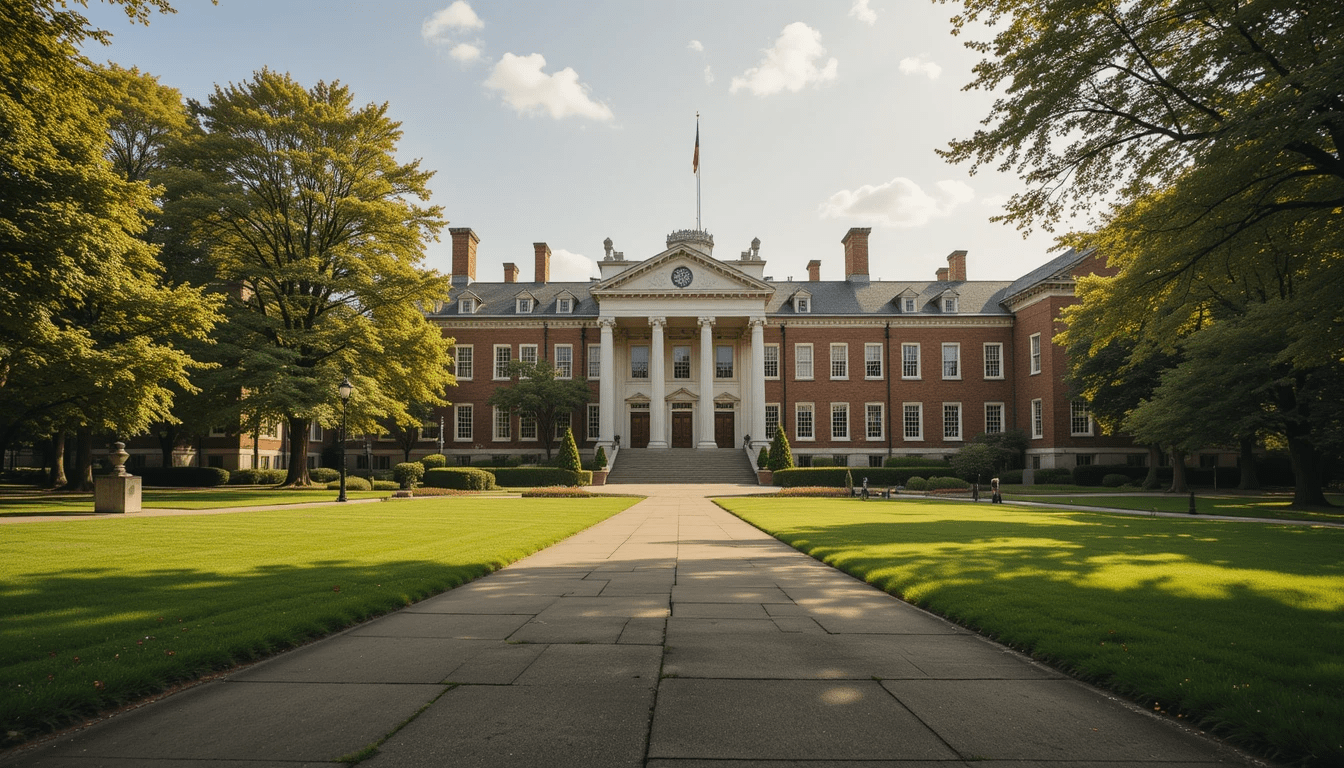Introduction
Princeton University is a name that resonates with academic excellence, historic significance, and global influence. As one of the oldest and most prestigious Ivy League institutions in the United States, Princeton consistently ranks among the top universities worldwide. Its legacy is not just about age — it’s about a commitment to intellectual rigor, leadership development, and fostering innovation across disciplines.
In this article, we’ll explore what makes Princeton University truly elite — from its historic roots to its academic structure, renowned faculty, student life, research opportunities, and global impact.
A Glimpse into History
Founded in 1746, Princeton is the fourth-oldest university in the United States. Originally known as the College of New Jersey, it was established to train ministers and quickly evolved into a center for higher learning across multiple disciplines.
In 1896, it was officially renamed Princeton University, honoring its hometown of Princeton, New Jersey. Since then, it has produced U.S. presidents, Nobel laureates, Pulitzer Prize winners, and leaders in every field imaginable.
Location and Campus
Princeton’s campus is nestled in a picturesque town midway between New York City and Philadelphia, offering a serene yet intellectually vibrant environment. The 600-acre campus features a blend of Gothic architecture and state-of-the-art facilities. Landmarks like Nassau Hall, the Firestone Library, and the Lewis Science Center showcase both tradition and modernity.
The university is home to beautifully landscaped gardens, residential colleges, and cultural centers — creating a unique blend of nature and academia.
Academic Excellence
World-Class Faculty and Programs
Princeton is renowned for its strong undergraduate focus, offering a liberal arts education paired with deep specialization in fields like:
- Computer Science
- Economics
- Public and International Affairs
- Engineering
- Physics and Mathematics
- Humanities and the Arts
Its faculty includes Nobel Prize winners, Fields Medalists, and MacArthur Fellows, making it one of the best places for mentorship and academic development.
Undergraduate and Graduate Programs
Unlike many top-tier universities, Princeton emphasizes undergraduate education. With a low student-to-faculty ratio of 5:1, students enjoy personalized attention and hands-on learning.
Graduate studies are also robust, especially in areas such as:
- Public Policy (Princeton School of Public and International Affairs)
- Theoretical and Applied Sciences
- Philosophy and Literature
Financial Aid and Accessibility
One of Princeton’s standout features is its no-loan financial aid policy. This means:
- Students from families earning under $100,000 per year attend tuition-free.
- Many students graduate debt-free, making elite education more accessible than ever before.
In fact, over 60% of undergraduates receive financial aid, making Princeton one of the most affordable top-tier options for middle- and low-income students.
Student Life and Diversity
Campus Culture
Despite its elite status, Princeton fosters a close-knit, inclusive environment. It’s home to over 300 student organizations, including:
- Academic clubs
- Performing arts groups
- Cultural associations
- Student government
- Community service initiatives
The residential college system creates smaller communities within the university, enhancing both academic and social engagement.
Diversity and Global Reach
Princeton has made significant strides in diversity:
- Students come from over 100 countries
- Over 50% of students are people of color
- First-generation college students are welcomed and supported
This cultural mix contributes to a rich intellectual and social experience that prepares students for a globalized world.
Research and Innovation
Research is a cornerstone of Princeton’s identity. From cutting-edge robotics labs to climate change initiatives and quantum computing, Princeton plays a vital role in global advancement.
Its research partnerships with institutions like NASA, NIH, and CERN demonstrate its influence across scientific and policy domains.
Notable research centers include:
- The Princeton Neuroscience Institute
- Andlinger Center for Energy and the Environment
- Center for Information Technology Policy
Alumni Network and Career Success
Notable Alumni
Princeton’s alumni network reads like a who’s who of global leadership:
- U.S. President Woodrow Wilson
- Amazon founder Jeff Bezos
- Supreme Court Justices Sonia Sotomayor and Elena Kagan
- Mathematician John Nash (subject of A Beautiful Mind)
Alumni support is incredibly strong, offering students internships, career guidance, and global connections that last a lifetime.
Career Outcomes
Princeton graduates are in high demand. Career placement within six months of graduation exceeds 95%, with students entering fields like:
- Technology and Engineering
- Finance and Consulting
- Academia and Research
- Government and NGOs
- Law and Medicine
Top employers include Google, Goldman Sachs, McKinsey, and the United Nations.
Rankings and Reputation
Princeton consistently earns top rankings in national and global lists:
- #1 in U.S. News & World Report’s Best National Universities (multiple years)
- Ranked among the top 10 globally by QS and Times Higher Education
- Acknowledged for best undergraduate teaching and value
These rankings reflect its deep commitment to quality education, accessibility, and student success.
Conclusion
Princeton University isn’t just a historic institution — it’s a living, breathing force of global intellect, creativity, and leadership. With a powerful blend of elite academics, a supportive environment, generous financial aid, and a far-reaching network, Princeton continues to set the standard for what a modern university should be.
Whether you’re a high school student planning your future, a parent researching opportunities, or an academic exploring global institutions, Princeton stands out as a beacon of excellence rooted in legacy and driven by progress.

